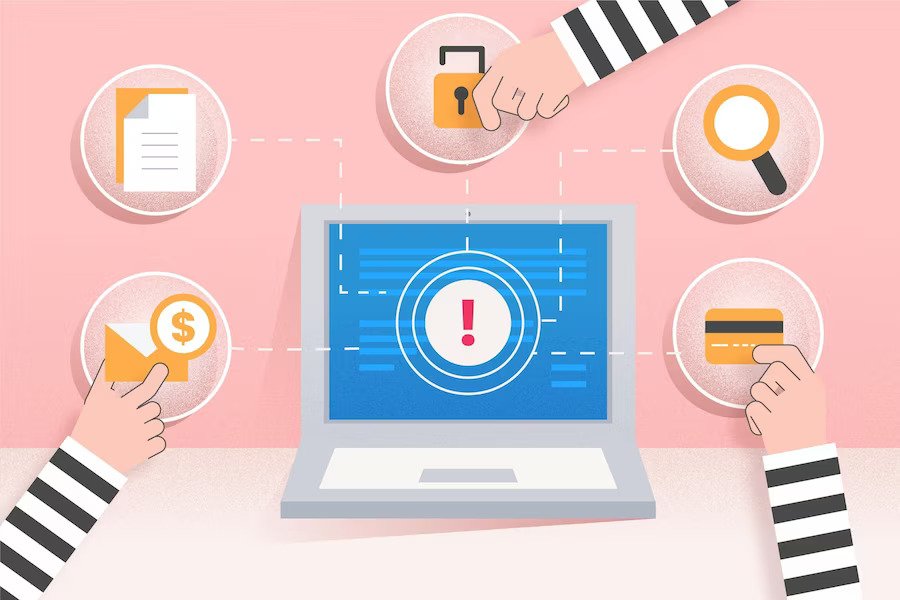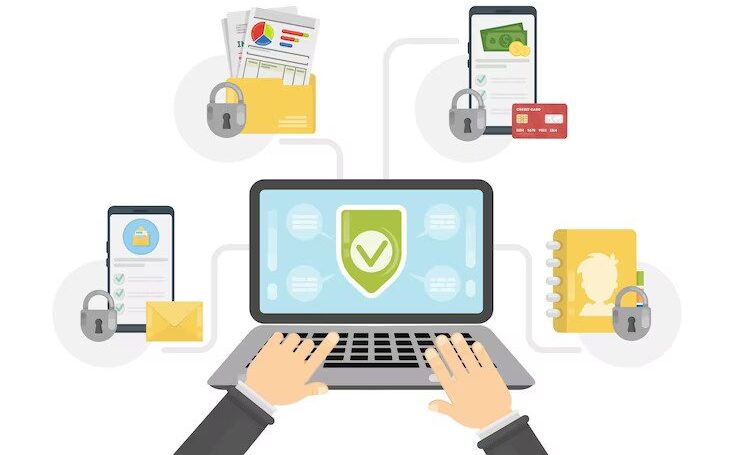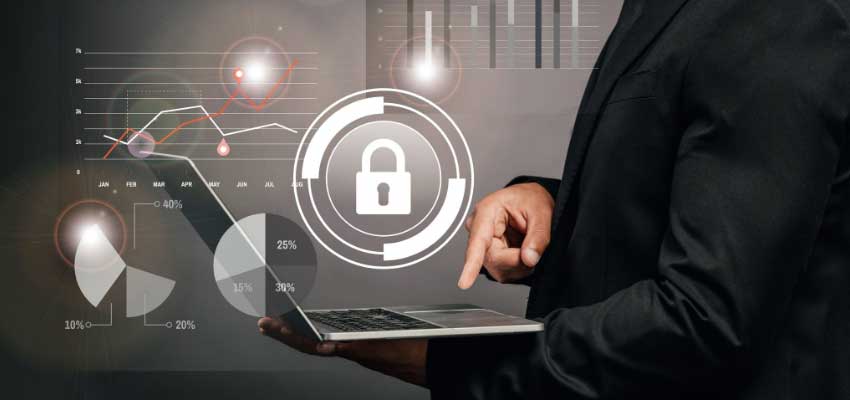Online Safety: How to Keep Your Personal Information Secure
With more technological advancement comes additional concerns for the safety of personal information. Ensuring online security is challenging, as it is difficult to keep up with the expansion of digital systems and programs. As businesses and individuals continue to adopt new systems for online interactions, more effort must be put into protecting personal data. In the interest of protecting your online information, here’s more on how to keep your personal information secure.
How to Keep Your Online Personal Information Secure

Change Your Passwords Regularly
Unfortunately, the risk of internet-related threats grows as people follow tech trends. To combat the threat, change your passwords regularly. It’s getting easier for hackers to access others’ information, and some of this is due to successful password guessing. Hackers have a consistent way to access information if you are not changing your passwords.
System Security Software
You can purchase security software for your computers at home and work. The use of cloud security can also reduce threats directed at personal information that is tied to a business.
Automatically detecting threats in real-time can help you minimize the risk and success rate of hackers and other digital threats and make it possible to keep your information safe. Consider investing in identity theft protection as well to keep everything online secure.
Maintaining secure accounts is critical whether the online intentions are for individual or business usage. Your information and the data of your clients, customers, patients, etc., deserve sound protection. System security software can keep your information as safe as possible.
Don’t Use The Same Password For Everything

In addition to changing your passwords frequently, you should avoid relying on the same password for all your online accounts. Using the same password only exposes you to a greater risk of cybersecurity threats and data breaches by hackers and other online criminals.
Access to one account should not indicate access to everything; it is unwise to assume hackers won’t check this possibility with your information. Keep your information secure by using different, unique passwords for everything online.
Use Fingerprint Detection
Access your smart devices and online accounts using fingerprint detection whenever available. Your fingerprints are uniquely your own, which means a hacker is less likely to log into your smart devices and online accounts successfully. If your devices or accounts don’t allow fingerprint detection, consider switching to other options with these security features.
Computer Virus Software
You can also purchase computer virus software to survey the health of your computer(s). Noting faults in the system can give you more insight into what is occurring within your computer and whether you are susceptible to data breaches. With these insights, you can take action to prevent these attacks and keep your personal information safe.
Face Recognition Technology
Use face recognition whenever possible for your smart devices and any apps you purchase. Your online accounts will gain greater security against threats by using face recognition technology.
Like your fingerprints, your face is uniquely your own. Protecting your information and personal data with face recognition technology reduces the likelihood that hackers and related digital threats will successfully access your information.
Protect Your Information By Staying Aware Of Solutions
Keeping your online information safe is something to work on consistently. As technology advances, security measures that protect against threats must also improve.
Stay aware of changing products and approaches to keep your information safe. Read up on the latest security advances and do what is needed to protect your accounts and devices from harm.

















